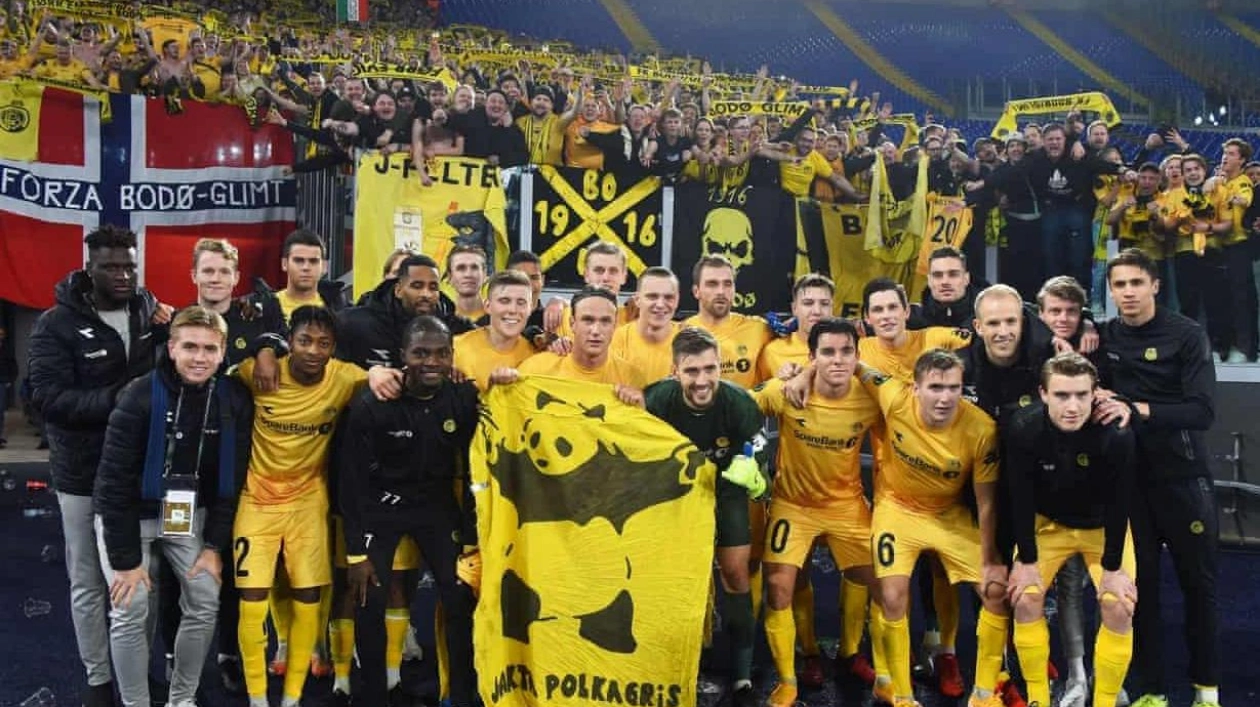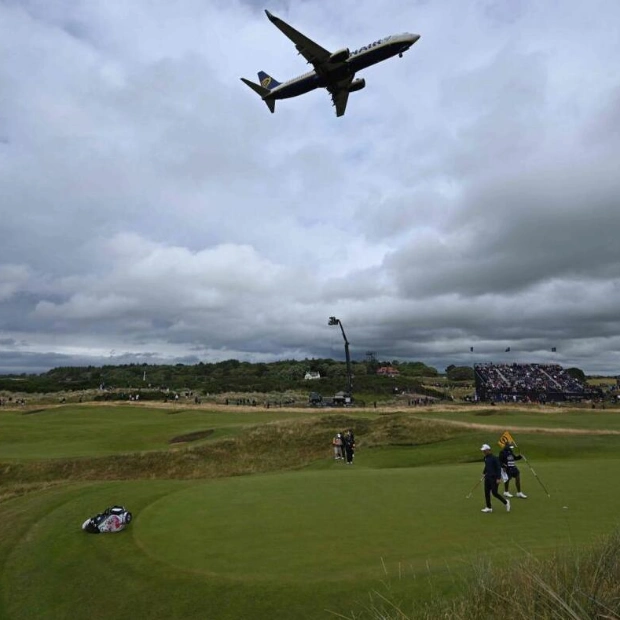Back in 2011, Bodø/Glimt were struggling financially and had to resort to practices more common in amateur football. They were playing in Norway’s second division and, as their sporting director, Håvard Sakariassen, recalls, they had “hit a wall.” The long journeys from the Arctic Circle felt even more arduous when they had to handle everything themselves. As they prepare to face Manchester United, they can reflect on how far they’ve come. “We didn’t have a kit manager, so we washed our kit at home and came to training already dressed,” Sakariassen says, who had recently retired as a player and found himself managing the team’s equipment. “Comparing that to our resources today, it’s a completely different world.”
When Bodø/Glimt step onto the field at Old Trafford, they will neither look nor feel out of place. This is their fifth consecutive season in European football, and they have already defeated several high-profile teams. A Roma side managed by José Mourinho was famously thrashed 6-1 at their Aspmyra Stadion in the 2021-22 Conference League. Celtic and Porto in this season’s Europa League are among their other notable victims. Arsenal came close to defeat when they visited two years ago. What was once a novelty—seeing a club from the far reaches of northern Europe, with a hometown of fewer than 50,000 inhabitants, beating big names—now feels like a regular occurrence.
“It’s been quite a journey,” says Ulrik Saltnes, a long-serving midfielder who has made 370 appearances since joining when a return to the top flight seemed distant. “It’s almost hard to imagine. Everything was so much smaller. There were fewer people, and the level was completely different. From bouncing between leagues to being a stable European team since 2020, it’s incomparable.”
This stability coincides with the tenure of Kjetil Knutsen, a 56-year-old manager who has been linked with Premier League jobs but remains at the helm of Norway’s dominant force. Bodø/Glimt had never won an Eliteserien title until four years ago when they dominated by 19 points. They have since claimed two more titles and, as long as they beat Lillestrøm in the final match of the domestic season, will add another.
This success is a testament to club-building: a story of triumph without wealthy backers or reckless gambles. Bodø/Glimt adopted a proactive, progressive style of football and stuck with it, recruiting imaginatively while staying true to their local roots. Bayern Leverkusen’s Nigeria striker Victor Boniface started his career there, but the majority of Knutsen’s squad is Norwegian. They have reinvested several substantial transfer fees but, as Sakariassen says, “We don’t see ourselves as a selling club.” Instead, they are driven by process. “We don’t set goals at the club,” Sakariassen continues. “We don’t, before the season, say: ‘Our aim is to be No 1 or 2.’ Or: ‘We’re going to win 80% of our home games.’ We discarded that six years ago. We just focus on getting better every day, doing smart things, working hard, and having one goal: to improve our product.”
They have succeeded in this. Larger clubs in Scandinavia now see Bodø/Glimt as a model for regional success. A region whose clubs’ influence on the continental stage has waned is now represented by a standard bearer few could have predicted. It would be a welcome bonus for Sakariassen and his team if they could help raise the standards of all around them. “I think you’ll see Norwegian teams doing well in the future,” he says. “We push each other.”
Saltnes points out that domestic opponents have found ways to counter Bodø/Glimt that European rivals have yet to grasp. The tightness of this year’s title race, with Brann just a point behind, suggests as much. Last year, Knutsen’s team finished nine points clear of the same opponents, so perhaps they won’t become the kind of dominant force that has dominated similarly sized championships while contributing little to the wider ecosystem.
The focus remains on themselves. Bodø/Glimt’s next local project will be to build a new stadium, though nothing beyond their means. The charmingly atmospheric Aspmyra, which holds 8,000, will be replaced by a slightly larger 10,000-capacity venue. It will surely host Champions League football at some stage. They should have made a remarkable debut in this season’s group phase but, having taken a two-goal lead against Red Star Belgrade in the playoffs, were ultimately defeated 3-2 on aggregate.
Such a close result is further evidence of their progress. Performing at Old Trafford will be another milestone, and there will be personal significance for Sakariassen, who admits to being one of many Norwegians who followed United as a youngster. The main source of pride, however, comes from putting his hometown near the center of the European game’s map against all odds. “When I travel around Europe, it’s strange for me, coming from Bodø and knowing our history as a small club, that everyone knows us,” he says. “It’s amazing for us and also to see the impact the club has in Bodø, in the north of Norway, and in Norway. It’s truly extraordinary for me as a Bodø/Glimt boy.”
Source link: https://www.theguardian.com






